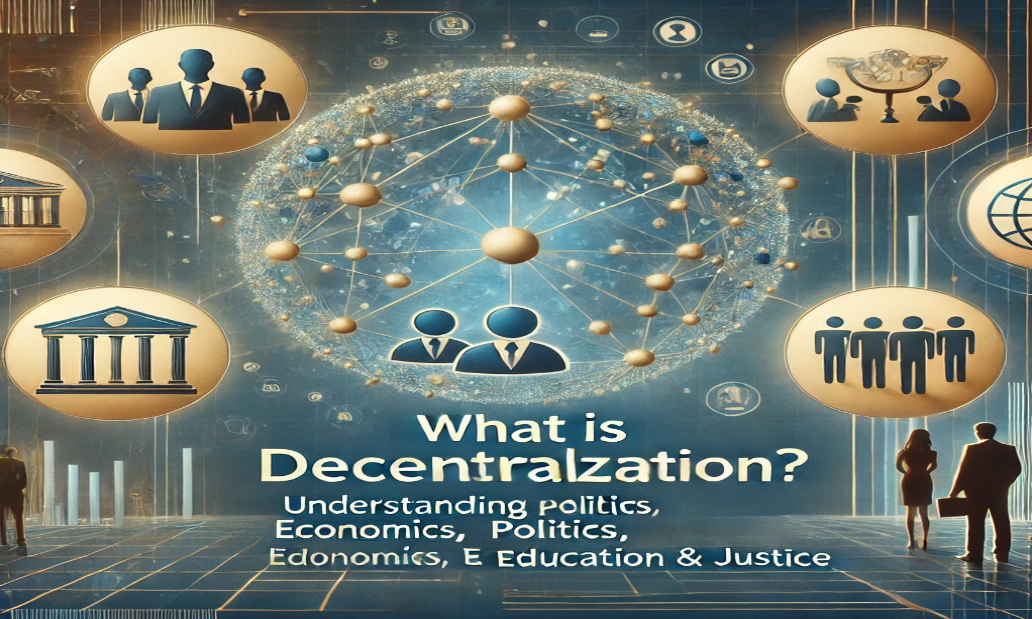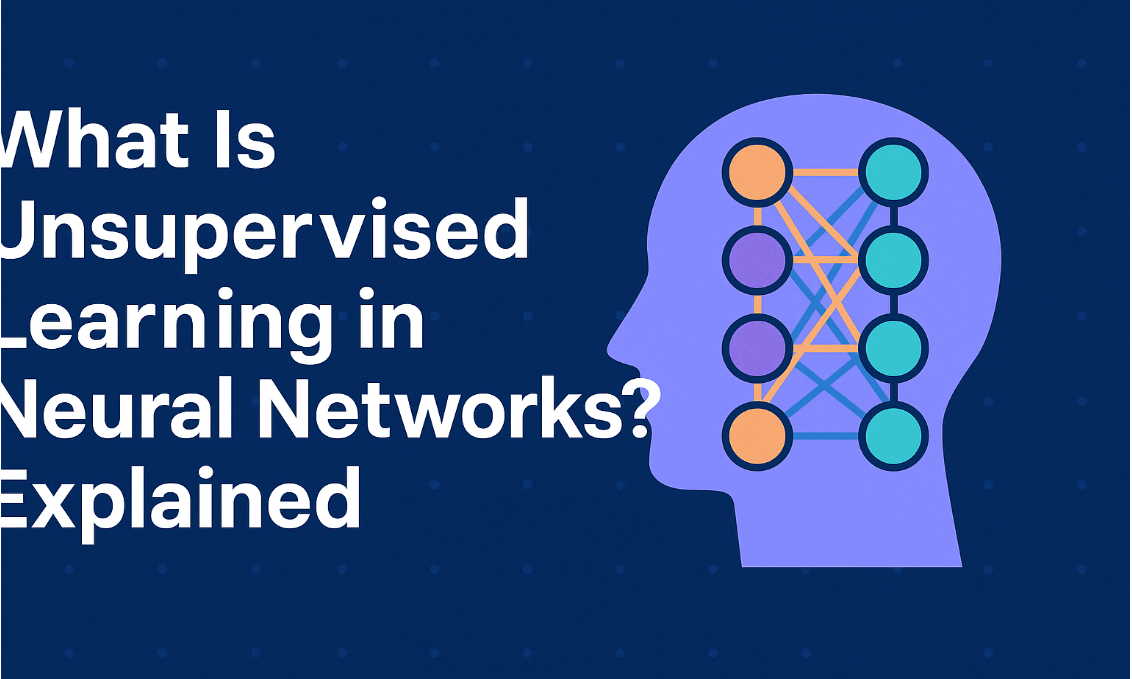
The Idea of Decentralization in Politics, Economics, Education, and Justice
Introduction
Decentralization is a fundamental concept in governance, economics, education, and justice systems that aims to distribute power and decision-making across various levels. This approach enhances efficiency, local accountability, and adaptability to societal needs. Understanding decentralization helps in evaluating its impact on political stability, economic growth, equitable education, and a just legal framework.
Table of Contents
What is Decentralization?
History and Evolution
Types of Decentralization
Political Decentralization
Economic Decentralization
Educational Decentralization
Judicial Decentralization
Advantages of Decentralization
Disadvantages and Challenges
Courses and Studies on Decentralization
Real-World Examples
Comparison Between Centralization and Decentralization
Impact and Results of Decentralization
Problem-Solving Scenarios Using Decentralization
Conclusion
Frequently Asked Questions (FAQs)
What is Decentralization?
Decentralization is the process of distributing authority from a central governing body to regional, local, or independent entities. It is often implemented to improve governance efficiency, enhance participation, and foster development.
History and Evolution
The concept of decentralization dates back to ancient civilizations where local governance was prevalent. Over time, the rise of centralized monarchies and empires led to the decline of decentralized structures. In modern times, many democratic governments, economic models, and education systems are shifting back to decentralized frameworks to enhance responsiveness and efficiency.
Types of Decentralization
Political Decentralization
Political decentralization involves transferring decision-making powers from central governments to regional and local authorities. This is evident in federal states like the USA and India, where states or provinces have autonomy in governance.
Economic Decentralization
Economic decentralization shifts financial control from a central authority to local governments, private institutions, or individuals. This encourages economic diversity, entrepreneurship, and efficiency in resource management.
Educational Decentralization
Decentralizing education allows local institutions to have more control over curricula, administration, and resource allocation. Countries like Finland, known for their high-quality education system, benefit from decentralized educational policies.
Judicial Decentralization
Decentralized judicial systems provide regional courts with more autonomy, ensuring justice is served more efficiently and fairly. The USA, with its state and federal court systems, serves as a model for judicial decentralization.
Advantages of Decentralization
Improved Governance: Localized decision-making leads to better governance.
Economic Growth: Encourages competition, efficiency, and innovation.
Enhanced Participation: Citizens and stakeholders have greater involvement.
Adaptability: Policies can be tailored to local needs.
Reduced Bureaucracy: Faster implementation of decisions.
Disadvantages and Challenges
Risk of Inequality: Resource distribution may be uneven.
Accountability Issues: Multiple decision-making bodies may lead to conflicts.
High Implementation Costs: Requires infrastructure and legal frameworks.
Corruption Risks: Localized power can lead to exploitation.
Courses and Studies on Decentralization
Several universities offer specialized courses on decentralization, governance, and public administration. Institutions like Harvard and Oxford provide programs focusing on decentralized governance and economic policies.
Real-World Examples
Political: Federal governance in the USA and Germany.
Economic: Microfinance initiatives empowering local businesses in India.
Educational: Finland’s decentralized school system.
Judicial: State-level legal autonomy in the USA.
Comparison Between Centralization and Decentralization
| Feature | Centralization | Decentralization |
|---|---|---|
| Decision-Making | Central authority | Distributed among various levels |
| Efficiency | Slow due to bureaucracy | Faster implementation |
| Accountability | High at the central level | Shared among multiple entities |
| Flexibility | Rigid structure | Adaptable policies |
Impact and Results of Decentralization
Political Stability: Strengthens democracy and governance.
Economic Growth: Encourages innovation and entrepreneurship.
Educational Improvement: Enhances the quality of learning.
Justice System Efficiency: Ensures timely legal processes.
Problem-Solving Scenarios Using Decentralization
Economic Crisis Management: Decentralized economies recover faster due to diversified decision-making.
Education System Improvement: Localized control allows better allocation of resources.
Judicial Reforms: Decentralized courts can reduce case backlogs.
Conclusion
Decentralization is a powerful approach that fosters sustainable development in governance, economics, education, and justice. While it has challenges, its advantages make it a preferred system for efficient administration and equitable growth.
Frequently Asked Questions (FAQs)
What is the main purpose of decentralization?
Decentralization aims to distribute authority for efficient governance, economic development, and enhanced public participation.
How does decentralization impact economic growth?
It fosters innovation, competition, and efficient resource management, leading to economic expansion.
What are some examples of decentralized governance?
Federal governments, autonomous educational institutions, and local economic initiatives.
How does judicial decentralization benefit the legal system?
It ensures faster case resolution and localized legal autonomy, improving efficiency.
What are the challenges of decentralization?
Resource inequality, corruption risks, and high implementation costs can be challenges.
Decentralization is a vital model that continues to shape modern societies, making governance and development more inclusive and effective.








